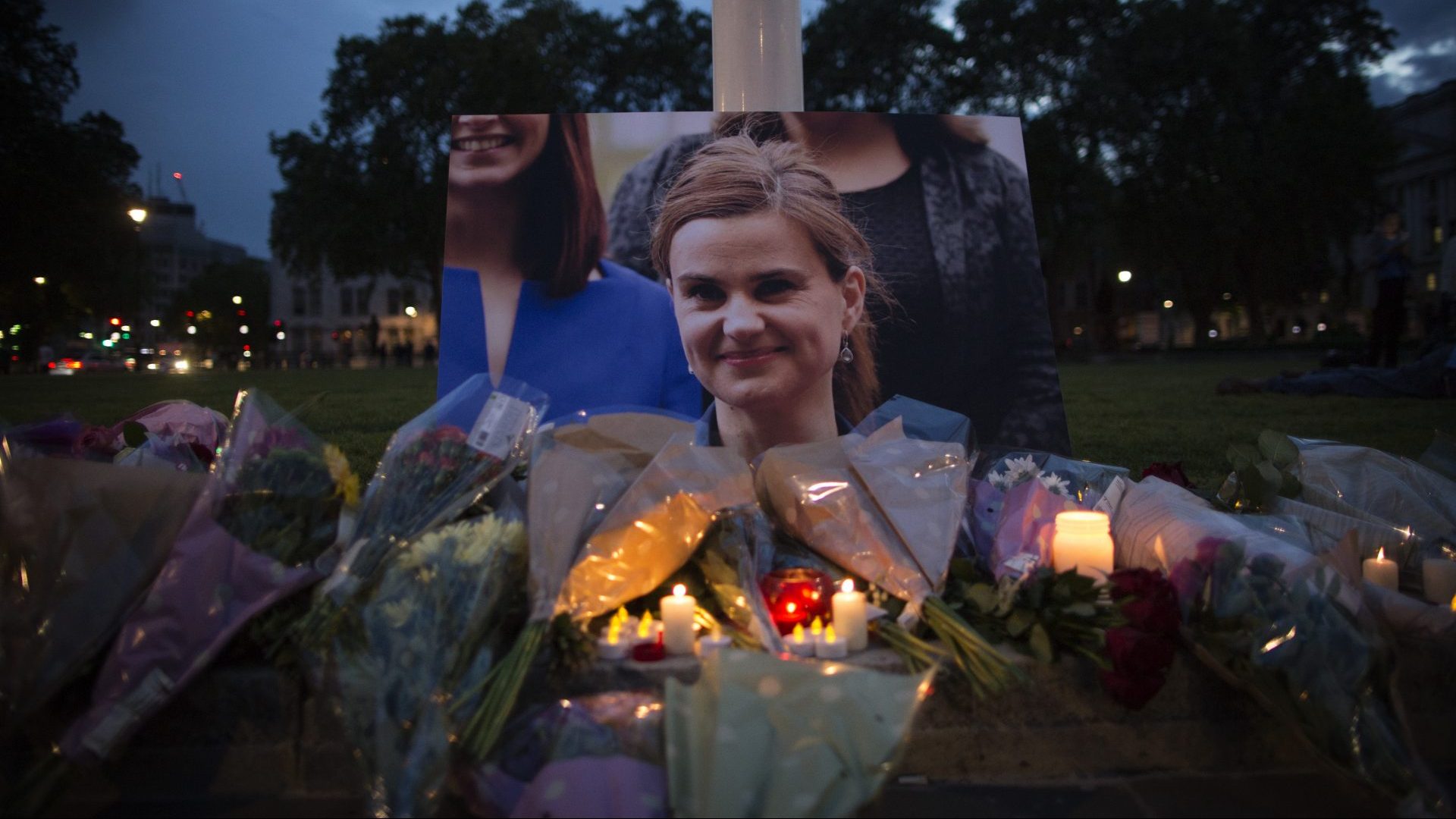“If I get killed one day it will be by him”, she told me. “The police know it, there won’t have to be much of an investigation – it’ll be him”.
Had an interloper with a poor grasp of English overheard our conversation, they probably would have assumed that we’d been talking about the weather. That’s how casual this female MP sounded, talking about her stalker and the various death threats she’d been receiving. She’d grown too used to them; in fact, her office had stopped reporting most of them to the police.
If they really did try to take action about every person threatening her safety, she said, her staff wouldn’t have time to do anything else. I remember standing there, hand firmly holding the strap of my handbag, unable to come up with an appropriate response.
I wish I could tell you who she is, because I think that going through something like this and managing to keep doing your job, out there in the open, should be celebrated. I also wish I could tell you, in more detail, about another attempt on a different MP’s life.
I was told about it by someone who worked for him and whom I knew well, on the condition that I never wrote about it in a way that could identify any of the parties involved. It was several years ago, before David Amess but after Jo Cox, and the details still stick in my mind. They were chilling.
I want to tell you about them but I won’t, because those politicians have their reasons. They don’t want to put targets on their backs, or draw attention to the security measures they’ve had to undertake. That would defeat the point.
We often talk of omertas in Westminster but they are usually about the tawdry stuff: the shagging, the cheating, the overindulgent boozing. We know something and you don’t, and isn’t that fun – that sort of thing. This is the one exception.
Everyone who works in British politics is aware of how bad things have got for MPs. We’ve all heard countless stories, first and second hand. This is why it wasn’t entirely shocking to hear that Mike Freer would be standing down at the next election.
The Finchley and Golders Green MP had his constituency office firebombed late last year, and he revealed that he’d been one of Ali Harbi Ali’s potential targets, before the killer settled on Amess instead. “There comes a point when the threats to your personal safety become too much”, he told the Daily Mail.
The news was met with sadness and consternation by Westminster denizens, but not much surprise. Freer may have explicitly singled out abuse and harassment as reasons for leaving Parliament, but he’s hardly an exception. A lot of MPs are standing down at the next election. Many of them will, in private, cite similar concerns.
The question here is obvious: why isn’t this talked about more? The answer is complicated because, well, the answers to the other question are complicated. Why are MPs being threatened so much more now than even 10, 15 years ago? There is no single culprit.
Those on the left may argue that tabloids’ constant, hysterical screeching over the Brexit and Corbyn years helped radicalise faithful but unstable readers. They may also point to coarser and coarser language from the politicians themselves, especially on Conservative benches. Those on the right would probably turn to the polarising effects of social media, and the depths to which some of its users have plunged over the past decade or so.
Campaigners on both sides may look at the bigger picture, and wonder if the internet in general may have been a mistake, especially as we all spent so much time lonely and online during the pandemic. Hell, some may even wonder if drastic cuts to mental health services could be to blame, with everything else serving as a convenient distraction
I have no idea who’s right. I suspect – well, worry – that everyone is. No single thing or person is to blame for this rise in abuse, assaults and threats. This means that there is no single solution anyone could reasonably point to.
It is a dire state of affairs, and one that cannot keep getting swept under the carpet, only ever mentioned when one brave MP decides to briefly open up. It is possible to have sympathy for politicians not wishing to go public with their experiences, but something must be done. Only by being honest about the scale of an issue can we begin to solve it.
We owe it to our political class and, perhaps selfishly, to ourselves as well. What would Parliament look like if only those with the thickest skin remain? Would we really want them to be the ones running Britain?











